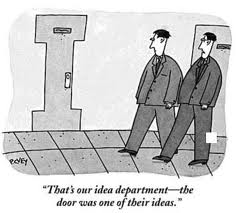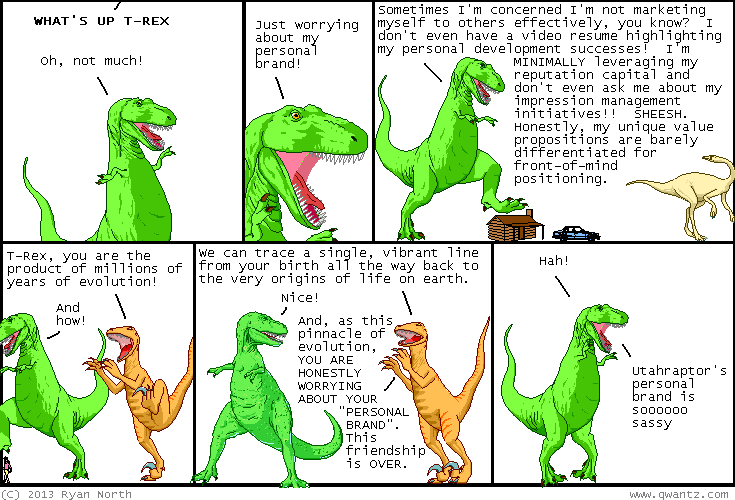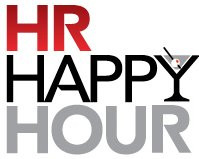Email Chains and The Price is Right $1 Bid Strategy
I bid one dollar, Bob.
Email threads with more than three people Cc'ed remind me of the classic game show, The Price is Right.
No matter the subject, the email thread starts more or less in the same way. The writer poses a question, asks for feedback on the matter in question, and sits back and waits for responses. And the responses she gets are usually pretty predictable.
An Alpha dog type on the copy list chimes in immediately with their opinion. Sort of a strike first and strike quick kind of mentality that they hope frames the discussion. They want their opinion or position to be the default simply by virtue of being the first one that is revealed. This strategy can be successful - they have staked a claim to the high ground and need to be pushed off by anyone who responds after them.
Next, someone, let's call them Beta dog, will either (gently) question Alpha dog or offer an alternative approach to try and take or re-take some territory and mindshare. 'What about this way?' they will ask. Alpha dog will immediately respond, (possibly with a 'Sent from iPhone' footer), re-stating their position and making sure that no one else gets a 'I agree with Beta dog' in the mix before they remind everyone they are running this conversation.
Then as the thread progresses, and depending on how many folks were included on the original message, you will get a few 'I agree with Alpha or Beta' messages. These add almost nothing to the conversation, save for reminding us that the senders are indeed still alive, and despite the fact they have nothing to say about the discussion, they want to be sure to be included on future, similar discussions that they will also contribute nothing useful towards.
Almost every time I get pulled in to one of these mass email threads I like to lay back and wait. I want to see what Alpha dog says. I wait to see if anyone wants to step up and challenge. I like to observe if any of the players on the edges want to get into the mix.
I want the last word after everyone has had a chance to state their case, reveal their intentions and interests and show their cards. I like to jump in then.
It's like being the last bidder on The Price is Right. That spot, if you could get there and not run out of time, was the prime position to be in. You held the cards. You had the knowledge of everyone else's position.
If everyone bid too low, you'd drop in with the 'Highest bid on the board plus $1' bid.
If you thought everyone was too high, you'd drop a classic 'I bid one dollar, Bob', and wait for your shot at the Showcase.
Both strategies give you a great chance to win. But you have to be patient. You have to bide your time to let everyone else show what they are thinking.
And once they do, you can drop the $1 bid on everyone, and more often than not, win the game.

 Steve
Steve



